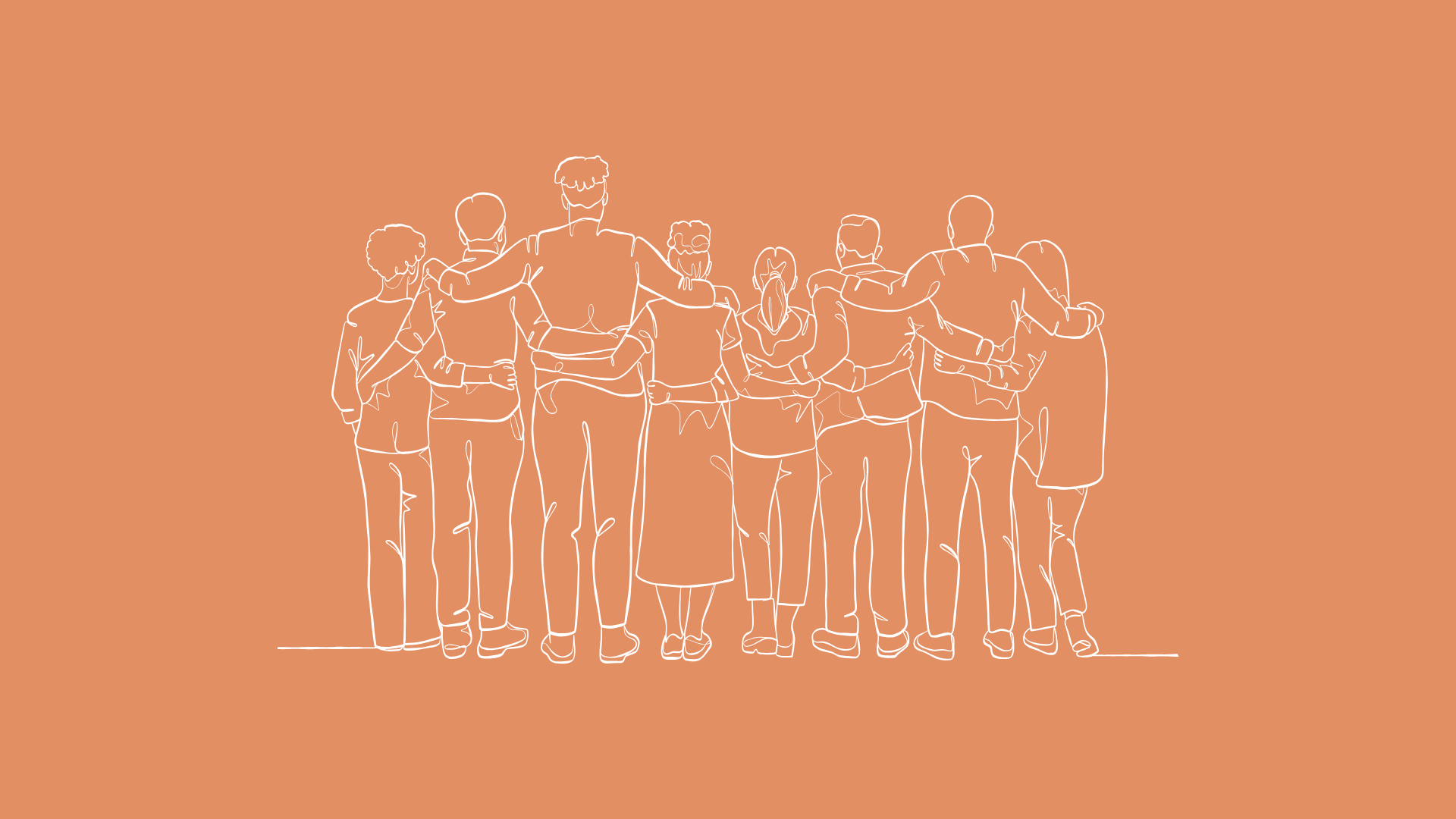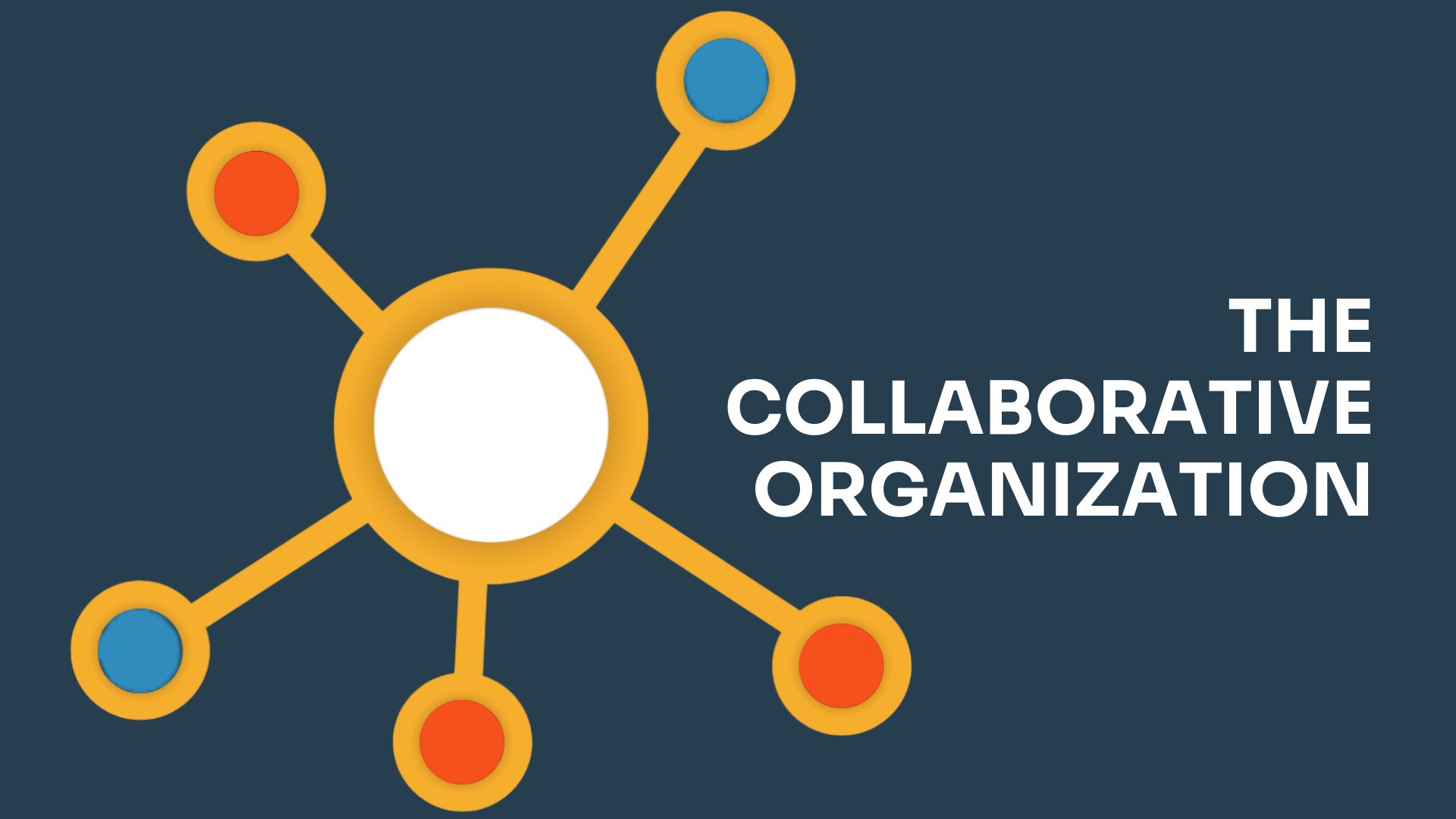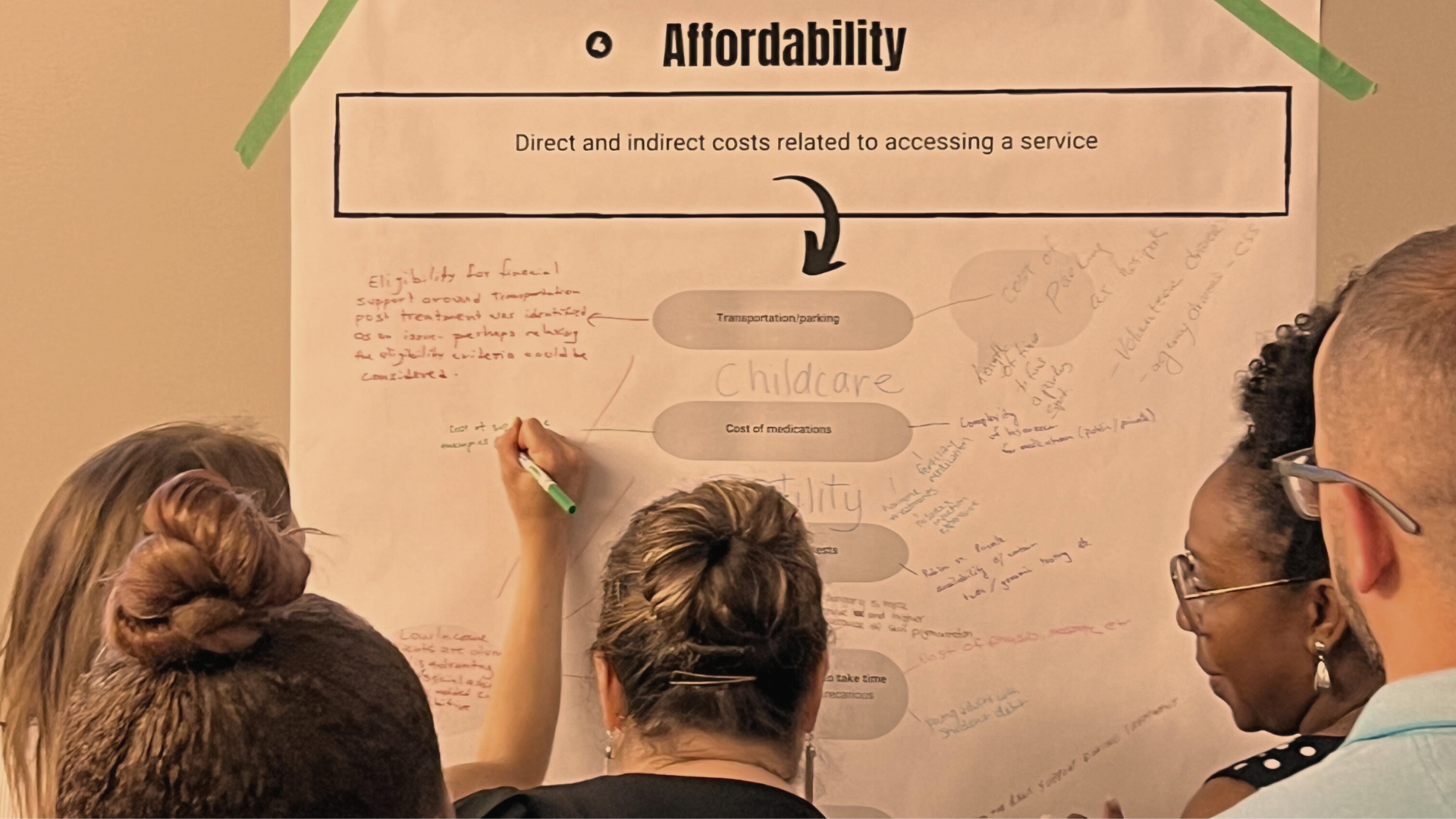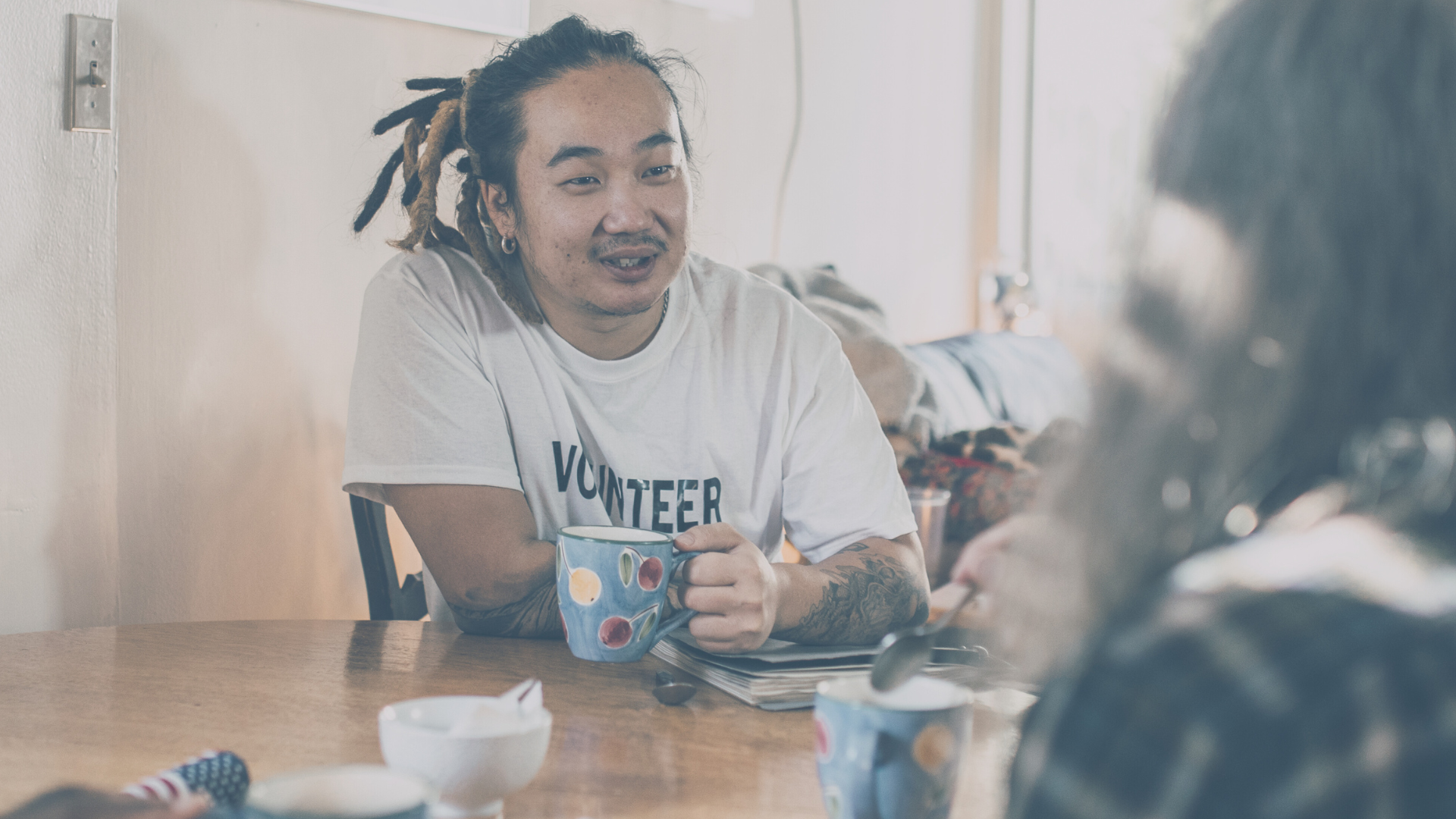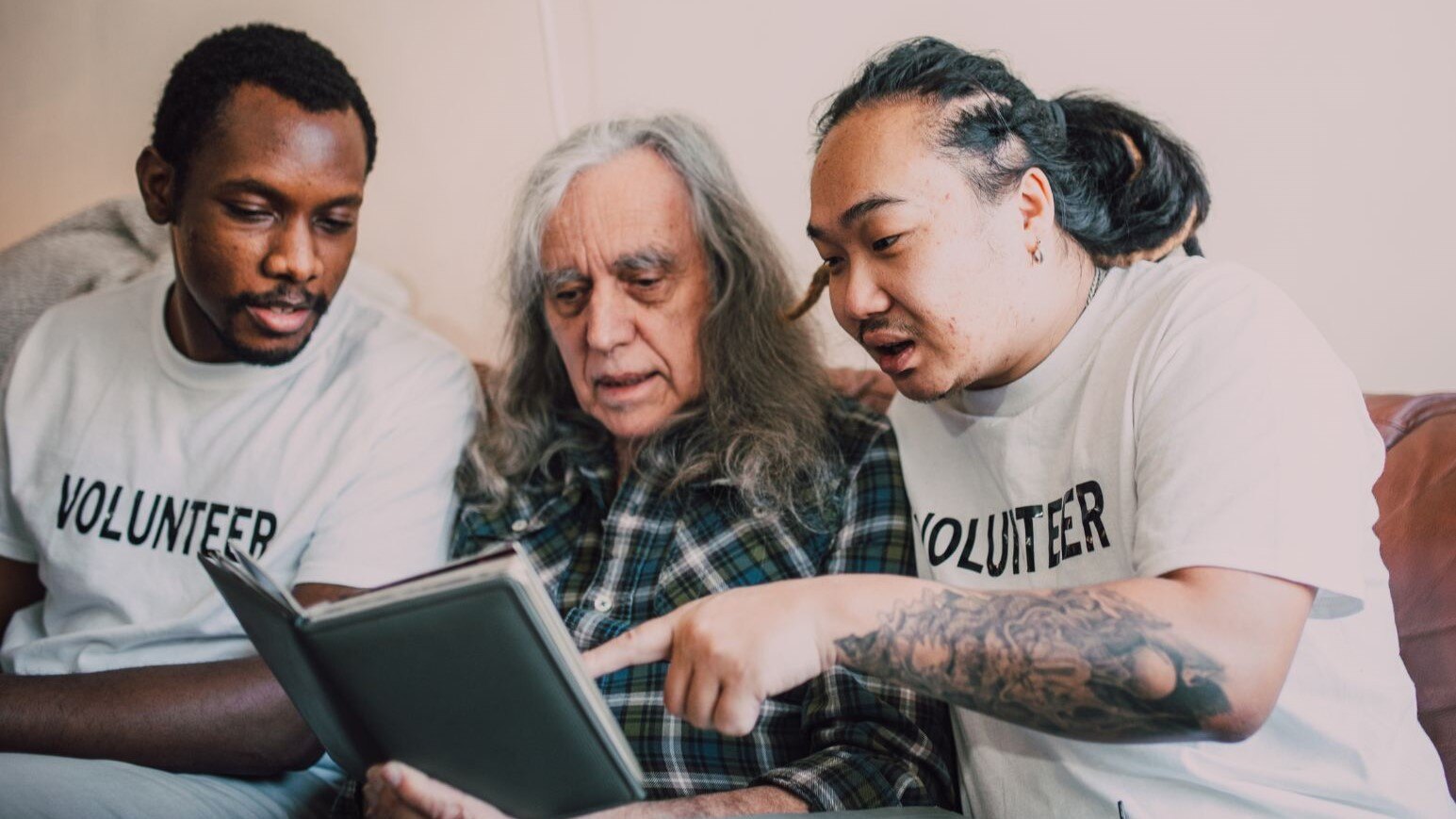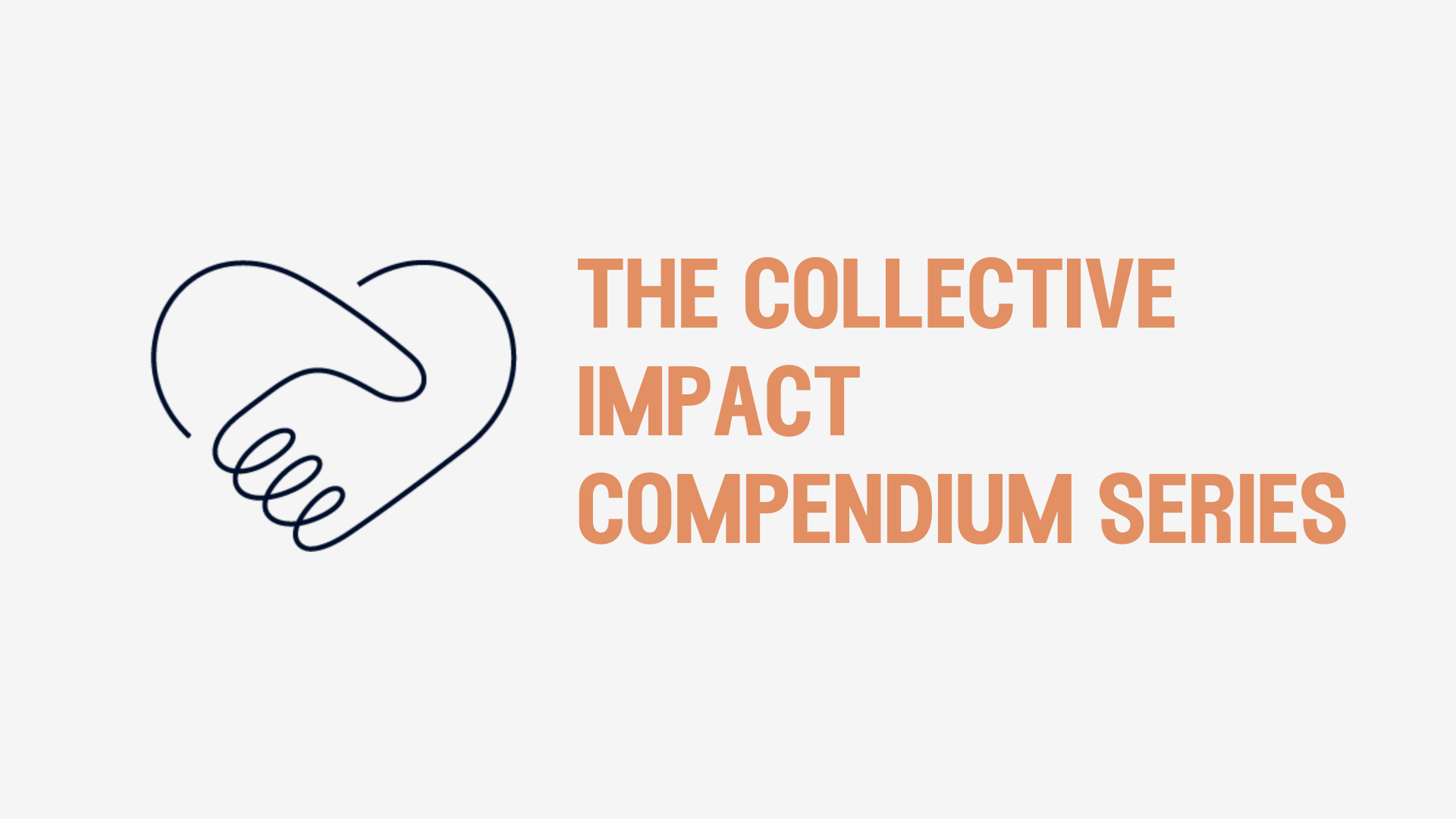This blog post was co-authored by Kieran Maingot, Claire Lewis, Angelina Pelletier and Maureen Owens, and includes work from Rochelle Ignacio.
With the many crises and events happening worldwide, it is necessary to tend to and care for one's mental health. Mental health is an enhanced state beyond just feeling happy or having good health. It is a personal and collective condition of flourishing where we and our communities can reach our full potential.
Part of a Balanced Life
Focusing on your mental health and wellness is a commendable step that significantly impacts your overall well-being and ability to take on community change work. Prioritizing your mental health is not selfish—it's essential for a fulfilling and balanced life. People who are facing poverty, oppression, and marginalization, alongside unprecedented hardships and complexities, can experience poor mental health through social stresses, stigma and trauma.
For allies, your role in mental health support is invaluable and indispensable. Much of the work is rooted in crisis work, trauma responses, eradicating structural barriers and disenfranchisement, and promoting equity and social justice. Secondary trauma, compassion fatigue, and early departures from the field are shared.
For example, Indigenous people are often unfairly expected to take on extra responsibility and emotional labour within the workplace, school or community, which negatively impacts mental health. Non-Indigenous folks often ask Indigenous people race-related questions singling them out, or task them with co-ordinating Indigenous projects. This is also true of individuals who face marginalization from additional equity-deserving communities, and it's important to recognize and understand these unique challenges.
Spotting Signs of Burnout
Preventing burnout, recognizing resentment, and protecting mental health are vital. Signs of burnout can include chronic fatigue, decreased productivity, and feelings of cynicism or detachment. Recognizing these signs early can help you take steps to prevent burnout. Reaching out and finding the proper support can be essential to managing difficulties. The right kinds of support can offer solutions and create hope and optimism.
The decision to seek out mental health and wellness support is profoundly personal, and individuals will have unique needs. Various types of support are available, including therapy, support and affinity groups, and self-help resources. The Tamarack Institute has assembled this guide as a starting point to help you on your wellness journey.
Deepen Your Learning
- See the full List of Resources for Care and Mental Health




